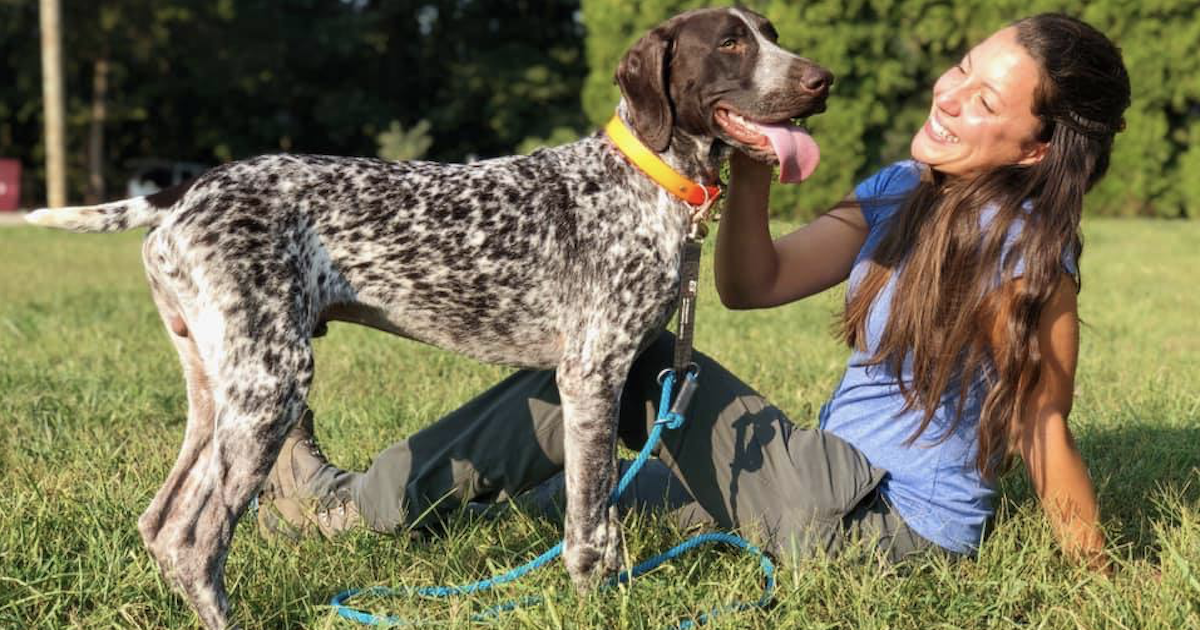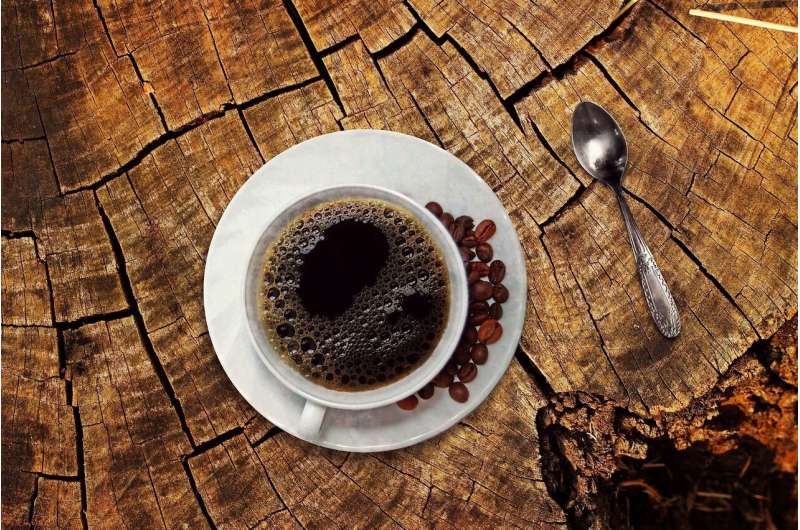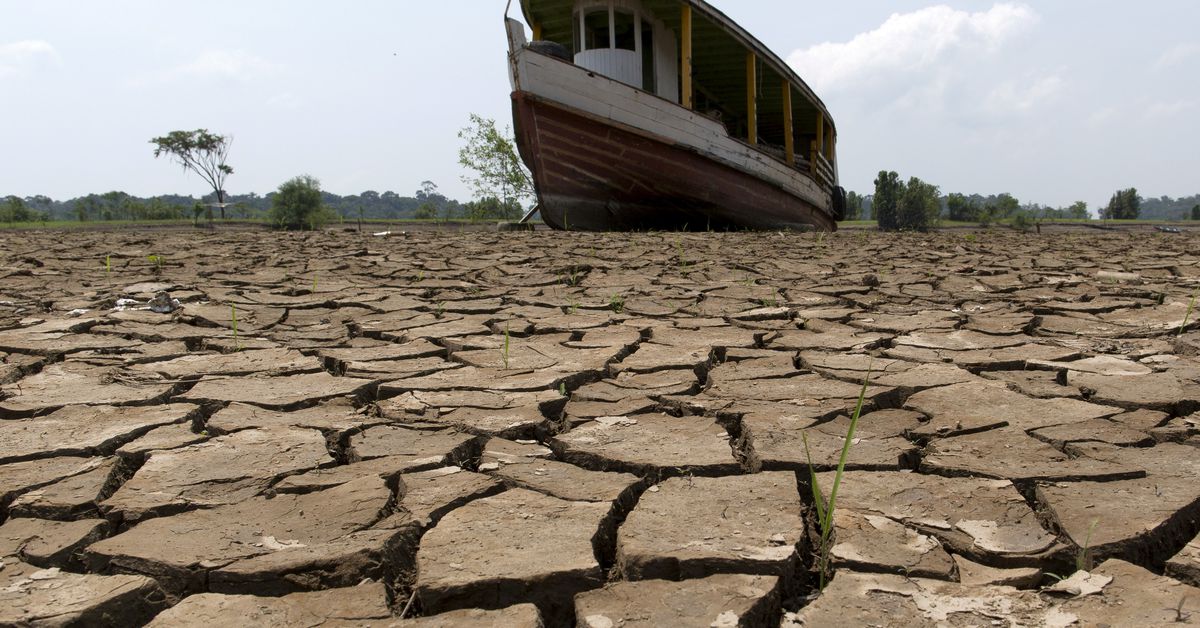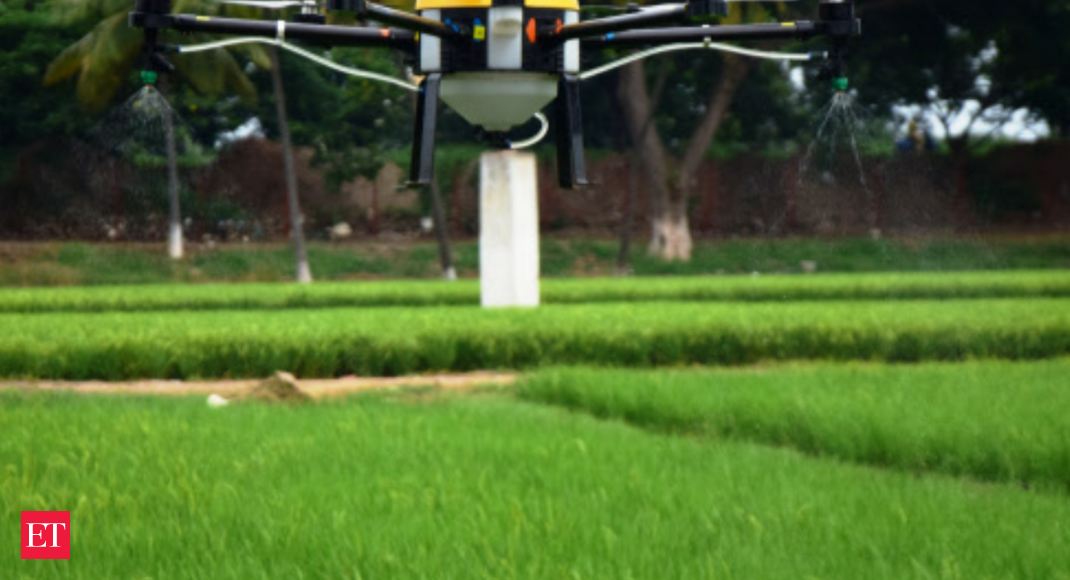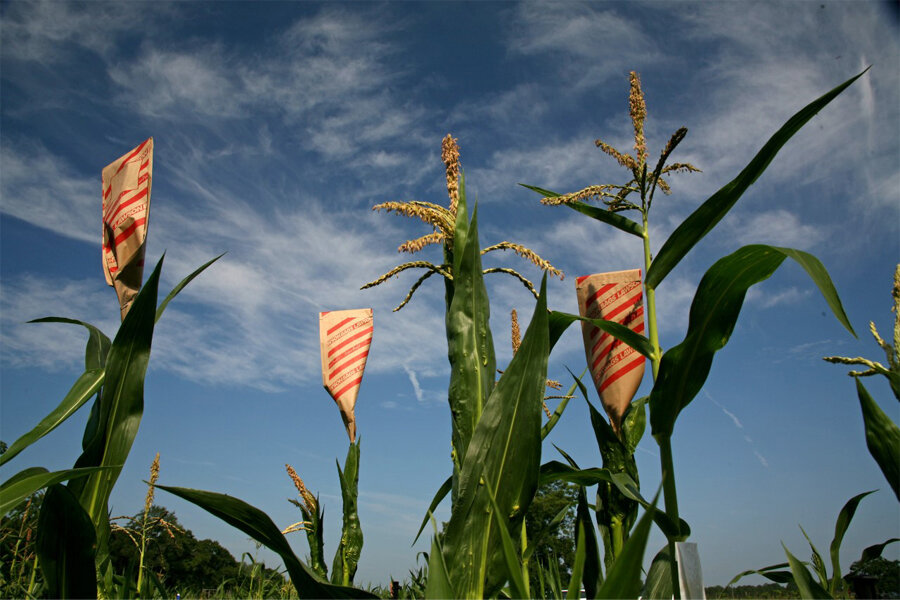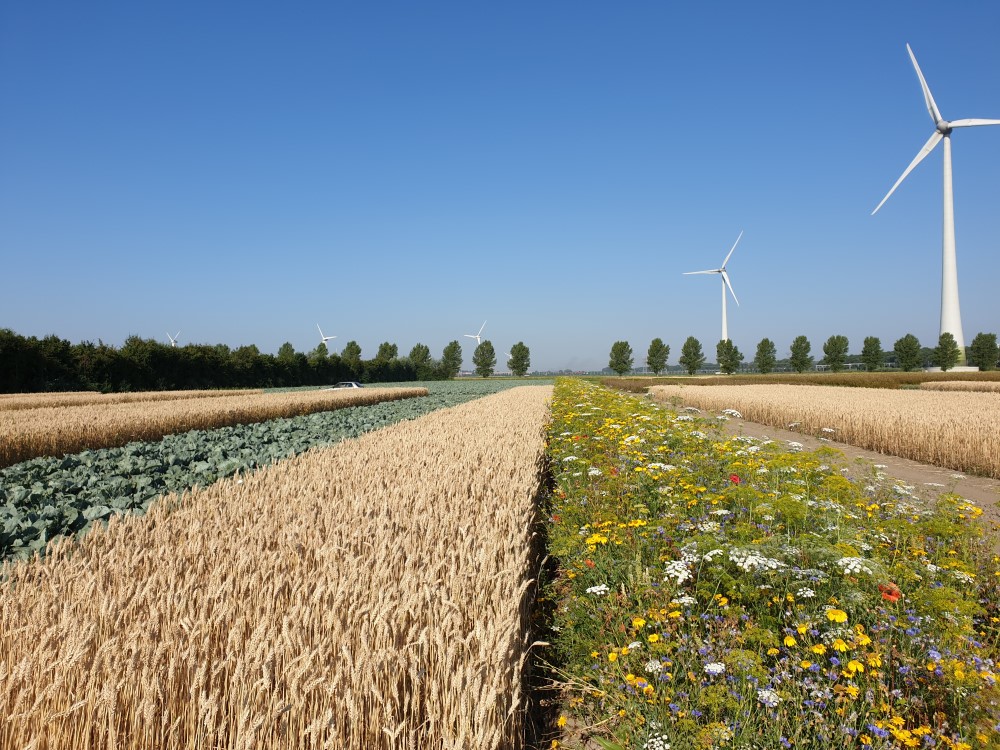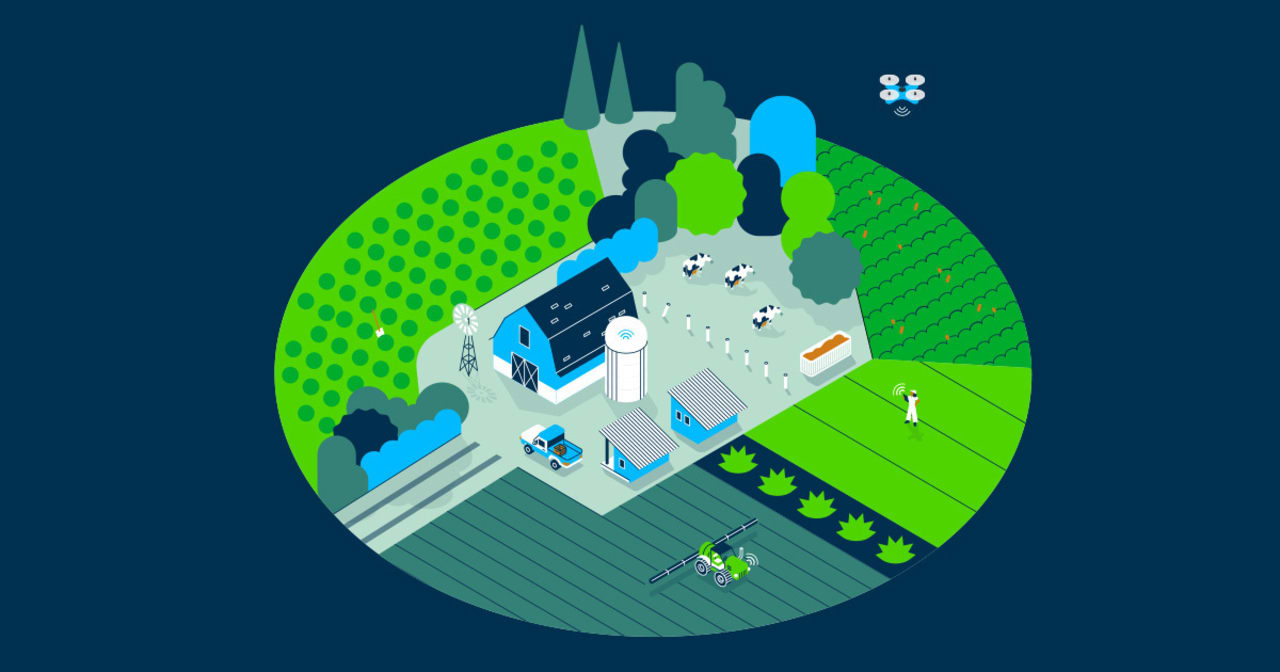 John LaRose Jr.
John LaRose Jr.
Topics: Agriculture US, Crop Consultant, Agriculture Global, Beekeeping, Regenerative Agriculture, Pollinators,
America's First "Bee Dog" Helps At-Risk Bumblebee Population
Darwin the Bee Dog can sniff out bumblebee nests, helping his mom gather research to save the declining bee population.
-
(0)
-
Bookmark
- Comments (0)
 John LaRose Jr.
John LaRose Jr.
Topics: Commodities, Coffee/Tea, Agriculture Global, Economics, Research, Fertilizer, Ag Global Specialty Food, Trade (Commodities),
Limestone improves coffee yield and profitability- TechCodex
by American Society of Agronomy (ASA), Crop Science Society of America (CSSA), Soil Science Society of America (SSSA) Credit: Pixabay/CC0 Public Domain The perfect cup of morning coffee. Before you even purchase the beans at the store, many things must go right before that great-tasting coffee can be poured into your favorite mug. It starts […]
-
(0)
-
Bookmark
- Comments (0)
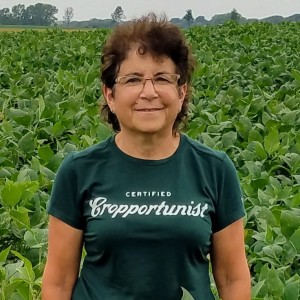 Nancy Kavazanjian
Nancy Kavazanjian
Topics: Agriculture Global, Water, Renewable Energy (Solar/Wind),
Droughts shrink hydropower, pose risk to global push to clean energy
Severe droughts are drying up rivers and reservoirs vital for the production of zero-emissions hydropower in several countries around the globe, in some cases leading governments to rely more heavily on fossil fuels.
-
(0)
-
Bookmark
- Comments (0)
08/14/2021 SOURCE: m.economictimes.com
Besides mechanisation of farming, technology penetration in Indian agriculture sector is happening at multiple levels: policy interventions, digital innovations and biotechnology. In June, Bain & Co estimated that $30-35 billion of value pool will be created in agri-logistics, offtake, and agri-input delivery in India by 2025.
India fields technology to boost farmers' crop yields
-
(0)
-
Bookmark
- Comments. (0)
 Nancy Kavazanjian
Nancy Kavazanjian
Topics: Agriculture Global, Transportation, Trade (Commodities),
-
(0)
-
Bookmark
- Comments (0)
 John LaRose Jr.
John LaRose Jr.
Topics: Corn/Maize, Agriculture US, Crop Consultant, Agriculture Global, Education U.S. SouthEast, Sustainability, Research,
A technique to map out 'light switches' of maize genome - My Droll
Pollination bags cover corn tassels at a Florida State University research field for an experiment led by biology Professor Hank Bass. The bags prevent plants from being pollinated, which allows scientists to avoid contamination of the specimens they are researching. Credit: Jonathan Doster Getting a full understanding of how genes are regulated is a major […]
-
(0)
-
Bookmark
- Comments (0)
 John LaRose Jr.
John LaRose Jr.
Topics: Agriculture Global, Beekeeping, Sustainability, Regenerative Agriculture, Pollinators, Education,
-
(0)
-
Bookmark
- Comments (0)
 John LaRose Jr.
John LaRose Jr.
Topics: Cover Crops, Crop Consultant, Agriculture Global, Sustainability, Regenerative Agriculture, Renewable Energy (Solar/Wind),
Biodiversity in Food Systems
As we grapple with the challenges of feeding the growing world population without destroying our planet, agendas are increasingly turning to the role of biodiversity in food systems. Biodiversity at all levels – genetic, species and ecosystems – is the basis of our food system, yet our comprehension of its role is often overlooked or undervalued. WUR delivers world-leading research in both food and biodiversity. Its food systems approach acknowledges the many interlinkages between people, agriculture, biodiversity, water, health and climate change. WUR’s ambition is to leverage the role of biodiversity in this food systems thinking, and thus provide thought leadership that contributes to transforming our food systems and bending the curve of biodiversity loss.
-
(0)
-
Bookmark
- Comments (0)
 John LaRose Jr.
John LaRose Jr.
Topics: Agriculture Global, Lamb/Sheep, Research, Education,
DNA in Sheep and Dinosaurs
About 1,600 years ago, salt miners in Iran apparently left their lamb lunch down the shaft. Their loss became scientists' gain. The now-mummified sheep carcass suggests that salt helps preserve sheepskin DNA. The research results, published in Biology Letters, showed probably the best-preserved DNA from any skin from that time.1 The Iranian and European team used radiocarbon dating to help establish an age estimate. They sequenced DNA from the sheep skin and discovered that it was high en
-
(0)
-
Bookmark
- Comments (0)
 Nancy Kavazanjian
Nancy Kavazanjian
Topics: Agriculture Global, Ag Innovation,
Innovating from the ground up
Farmers around the world are using new technology to create more sustainable, efficient operations
-
(0)
-
Bookmark
- Comments (0)


